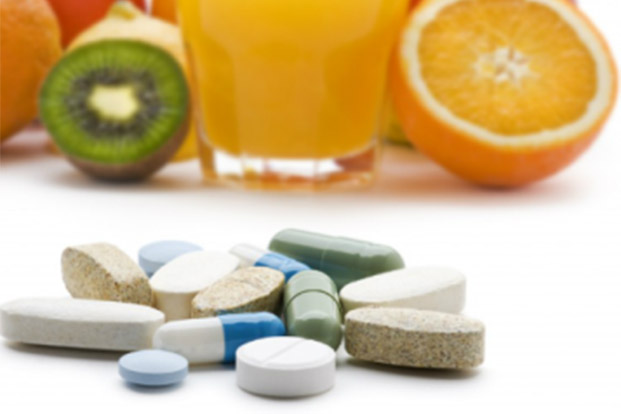Diet to Control Drug Addiction
Apr 19, 2022
Drug addiction is defined as a chronic, relapsing brain disease that is characterized by compulsive drug seeking and use, despite harmful consequences. It is considered a brain disease because drugs can affect the brain functioning and in certain cases they can also change its structure and how it works. Drug abuse can have serious long term consequences including problems with physical and mental health.
Drug addiction often leads to malnourishment, reduces immune system, cause damage to the liver, kidney, heart. Also cause high blood pressure, gall bladder stone, reproductive problems and even cancer. Drug addiction also destroys the self esteem of the user. The physical effects of drug addiction are often quite visible, such as blood shot eyes, rooting teeth, scarred skin, significant weight loss and a yellowing complexion.
Good nutrition is helpful to rebuilding a body that is stronger, healthier and more attractive as well. Many drug rehabilitation centres provide nutritional counseling as a part of their treatment program.

Dietary Tips to Control Drug Addiction are as follows:-
- Eat more complex carbohydrates: – Complex carbohydrates such as whole wheat flour, Dalia, oat, ragi, millets, etc provide steady and long lasting energy. They are rich in fibre and help to maintain bowel movement. This is important as the digestive system is adversely affected due to drug addiction. It is the major source of energy which is helpful to control addiction and recovery. It is best to avoid simple sugar rich foods (e.g. sugar, jiggery, honey, glucose, etc) and refined carbohydrates such as maida products, pastries, cake, white bread, etc causes mood fluctuations.
- Eat high protein diet: – Protein rich foods such as milk and milk products, egg, fish, chicken, soybeans, pulses and legumes, etc help to nurture a recovering brain. It also helps to improve liver function that may be damaged due to drug addiction.
- Eat antioxidant rich foods: – Antioxidants play a vital role in boosting the immune system. They help to protect cells from free radical damage. Fresh fruits (e.g. apple, guava, strawberries, blue berries, cranberries, pears, papaya, etc) and raw or lightly cooked vegetables (e.g. carrot, tomato, broccoli, onion, green leafy vegetables, etc) are very useful to reverse the adverse effects caused due to drug addiction.
- Reduce Caffeine: – Caffeine containing foods such as coffee, tea, coca, chocolate, etc should be avoided because they may cause dehydration as well as appetite suppression.
- Drink plenty of water: – It helps to maintain dehydration is often experienced by people associated with drug abuse.
- Eat frequent and small meals: – Eating regular, healthy snacks that contain good quality protein, complex carbohydrates, multi vitamins and minerals, antioxidant, etc help to keep the mood stable and control drug addiction.









